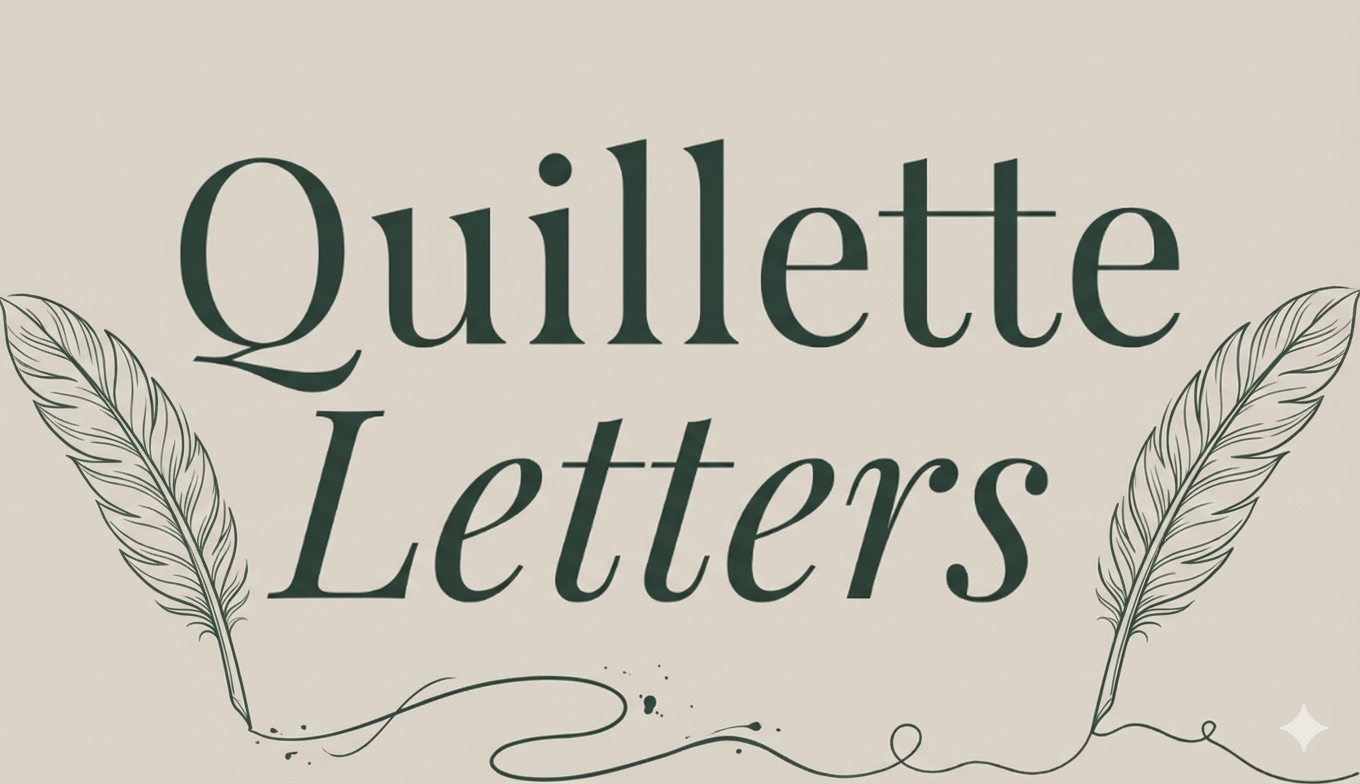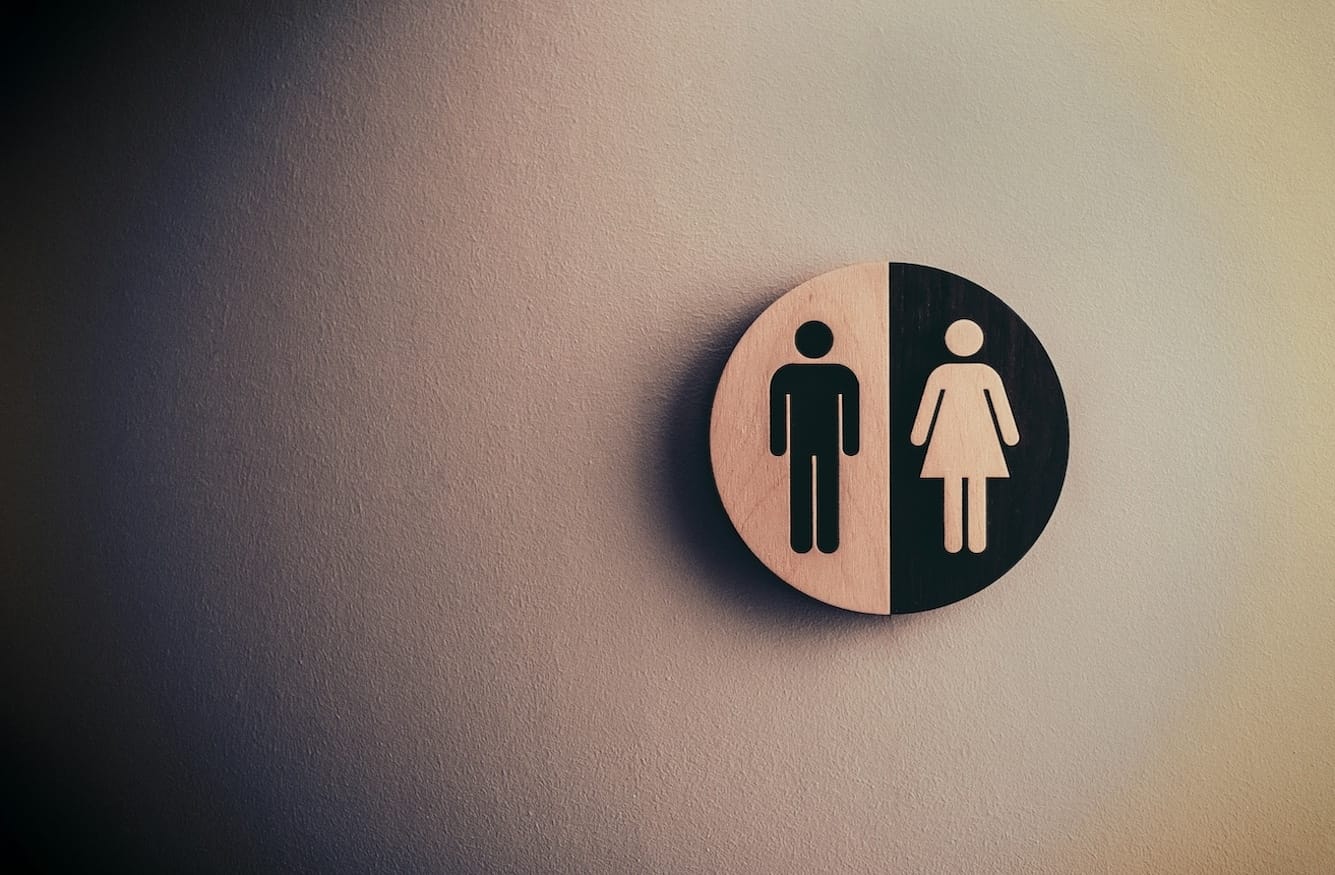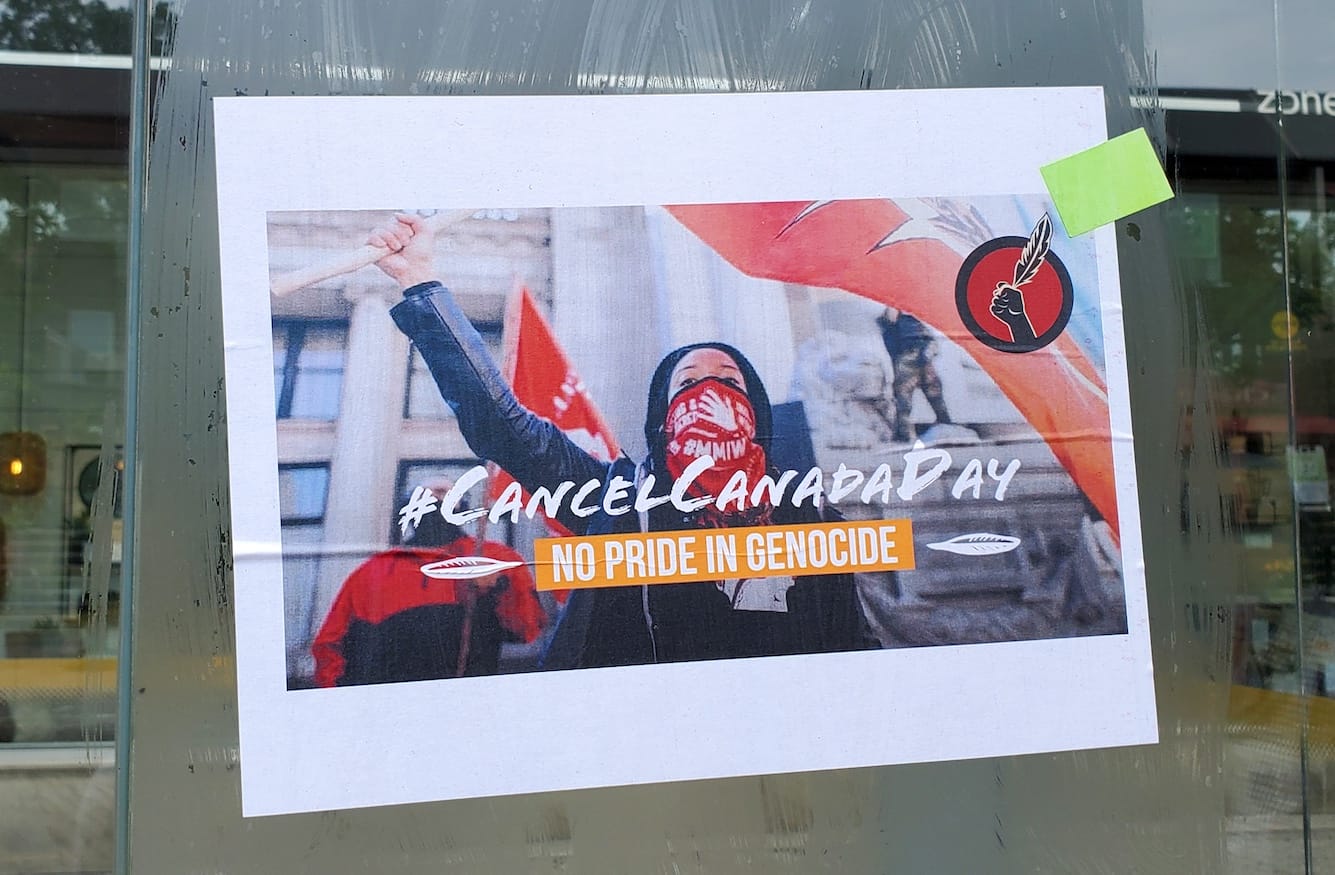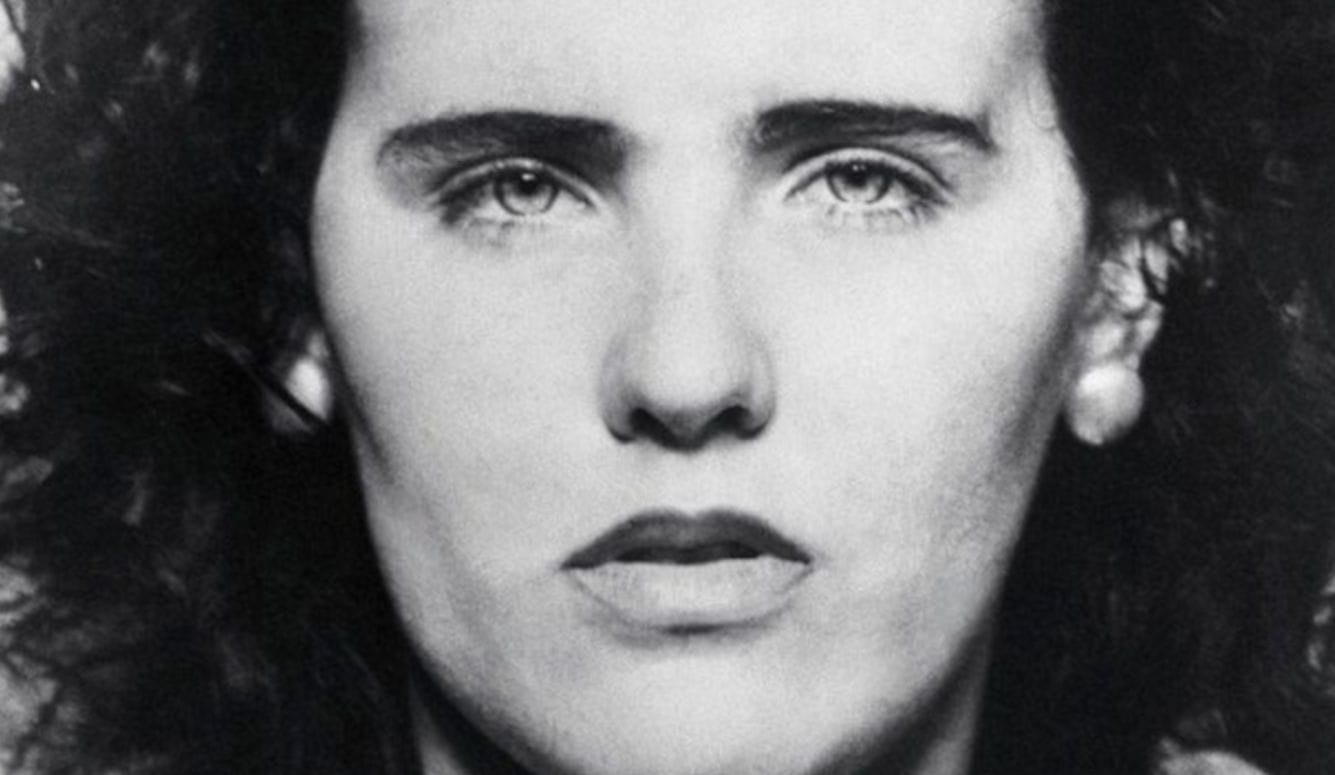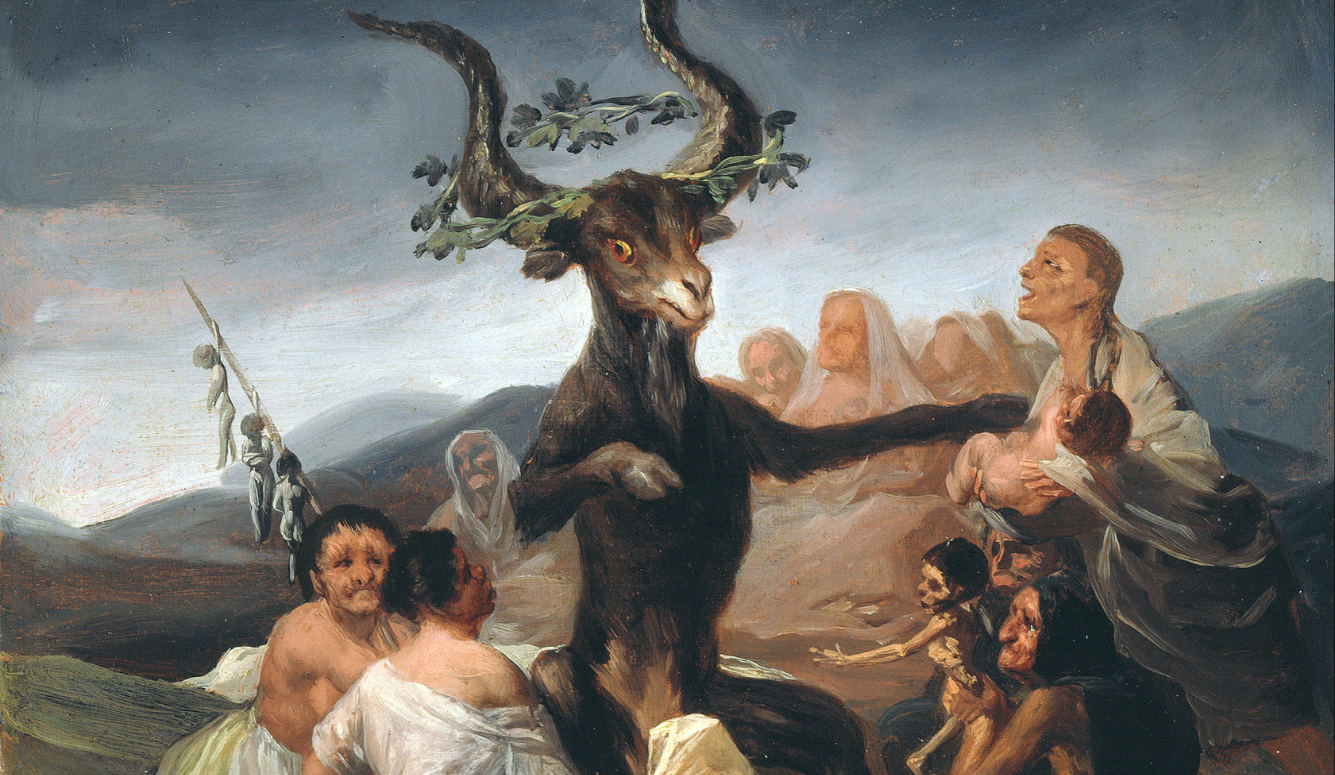Privilege
Now That I Have Checked My Male Privilege...
There is a tendency for many feminists to essentialize gender victimization into simplistic binary camps – of good and evil – even though privilege is an under-developed concept.

As a graduate student, I have been checking my male privilege for several years. As a man I am more likely to run governments and corporations due to my gender, and I have the privilege of not seeing much of that privilege.
Overlapping dimensions such as race, sexual orientation, and sex/gender can shape my male privilege in a variety of ways. However, as of late I have been deeply intrigued by dissent on the topic, including Emma C. Williams’s article suggesting that making someone “check their privilege” has become a polemic bludgeon against freedom of thought, which could promote resentment from powerless groups.
There is a tendency for many feminists to essentialize gender victimization into simplistic binary camps – of good and evil – even though privilege is an under-developed concept.
The flagship thinking on male privilege is the male privilege checklist, a revised version of Peggy McIntosh’s brilliant White Privilege: Unpacking the Invisible Knapsack. McIntosh discusses how privilege enjoyed by white people is invisible to them. The male privilege checklist simply substitutes “white” for “men,” but it’s not that simple. Race and gender are experienced in different ways. White people are not racialized, but men are gendered under patriarchy. Men in child custody disputes, criminal courts, and caring occupations (clearly a non-exhaustive list) routinely see their gender as a disadvantage. As a white male, I find it much harder to be male than white. When bloggers can compile a reactionary, but convincing, “female privilege checklist,” any kind of gendered privilege checklist only proves privileges within specific social contexts. For every women who is called a derogatory label, there is a man being called a creep or loser.
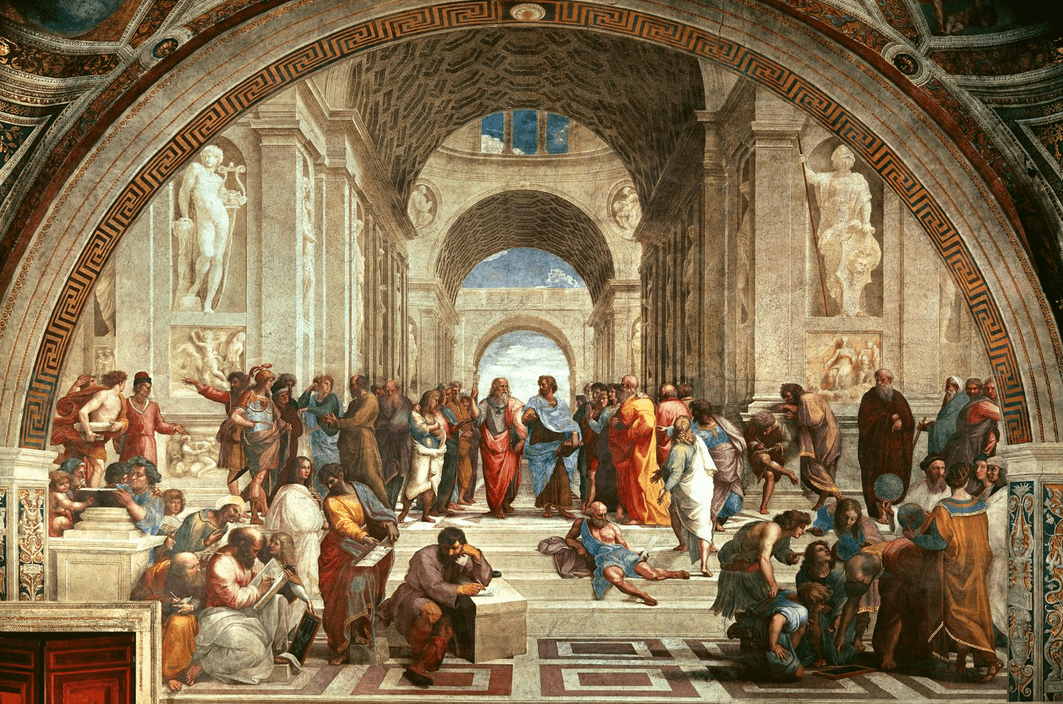
Privilege is two sides of the same coin. Men are privileged at the macro-level of social interaction. In short, men run society because they hold the vast majority of power. The other side of the privilege coin is the micro-level. There is a successful resistance against historical privileges enjoyed by men as a group.
As Michel Foucault states, power in (post)modernity is constantly resisted and is not possessed by individuals. For instance, university professors as a group have “power” over students as a group, but this is not necessarily always the case because the student has documented rights and student associations, which can resist the power and privilege of a professor. The same goes for gender. Men’s macro power has been rightfully resisted through bureaucratization from a strong feminist lobby, government programs for women and girls, and the like. Men’s power does not automatically translate into a privileged experience, there is some turbulence between the two.
Both the resistance against, and promotion of, patriarchy can deem men (and women) both powerful and powerless due to situational context. Men are powerless in many contexts, including the context of men being around children. They are often seen as abusive or predatory. Men face airline policies that make them change seats when seated beside an unaccompanied minor. Men who shop in bookstores alone can be kicked out of the children’s section. Frustrated fathers are much more likely to be seen as abusers. Male educators teaching younger children are seen as potentially predatory. This is ‘androphobia’ – the socially constructed fear of men.
At a micro level – in everyday interactions – women have the privilege of not being feared based on their gender. This privilege does not mean that women are privileged as a group, far from it. But the privilege discourse is obsessed with the macro privilege and greatly neglects micro/situational privilege(s). Other situational privileges could include individuals who have an articulate command of the dominant language, while others do not. Certainly a well-dressed individual will be treated better than if she wears a sports hoodie. What about overweight individuals, who may be healthy, getting overlooked for jobs or dates because they are deemed a “slob?”
These examples often sit outside the strict vertical hierarchy of privileged identity. (Certainly, one can go down the intersectional rabbit-hole until the ideal “privileged” individual is found, but that individual would only exist in conceptual thinking). Privilege as a concept, is constructed as a “fact” or “truth” through language and shared meanings when used over and over again. Yet there is no objective formula for finding it. Men are taught to not think about gender – especially when their masculinity or self-expression is mocked as “male tears” by dogmatic activists.
After checking my male privilege, I’ve learned that men are unable to see their privilege, but they are also unable to see their disadvantage.

